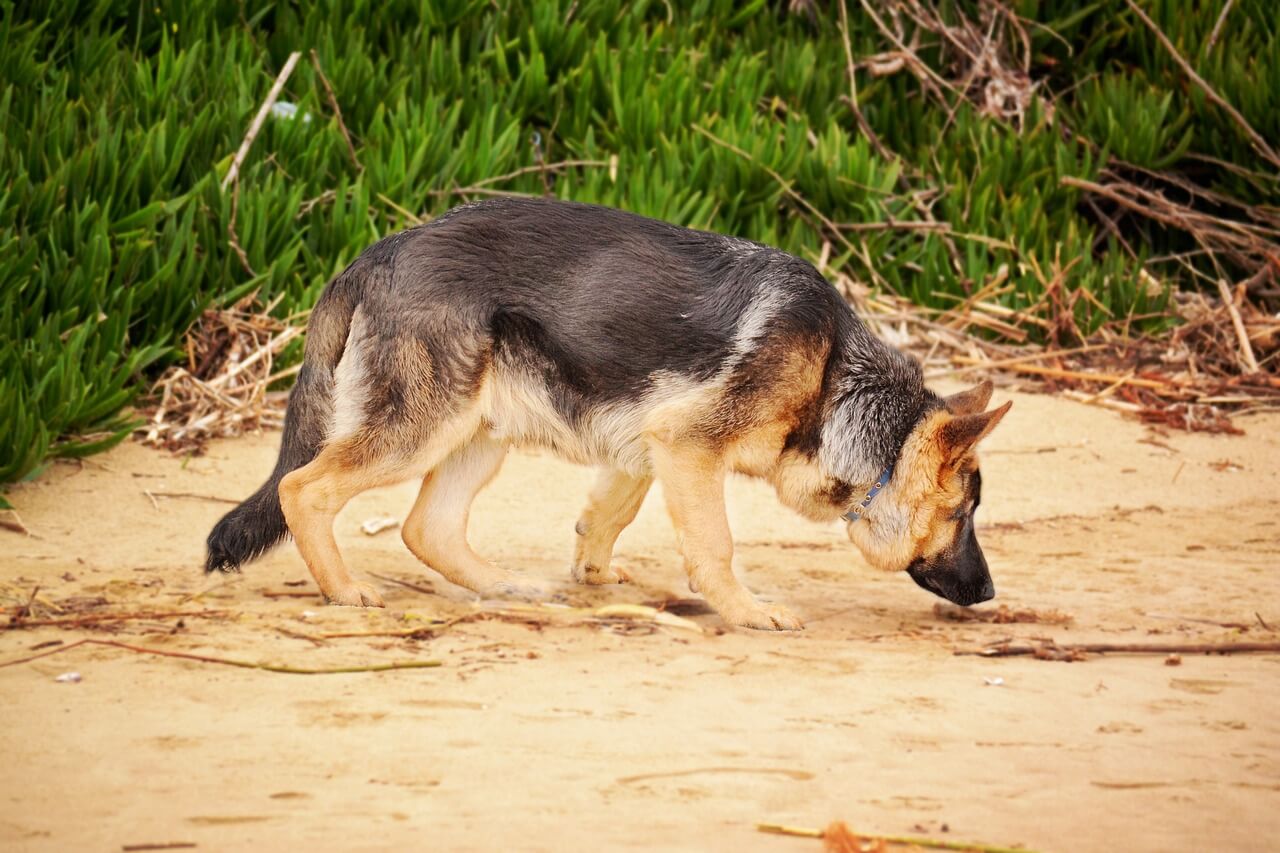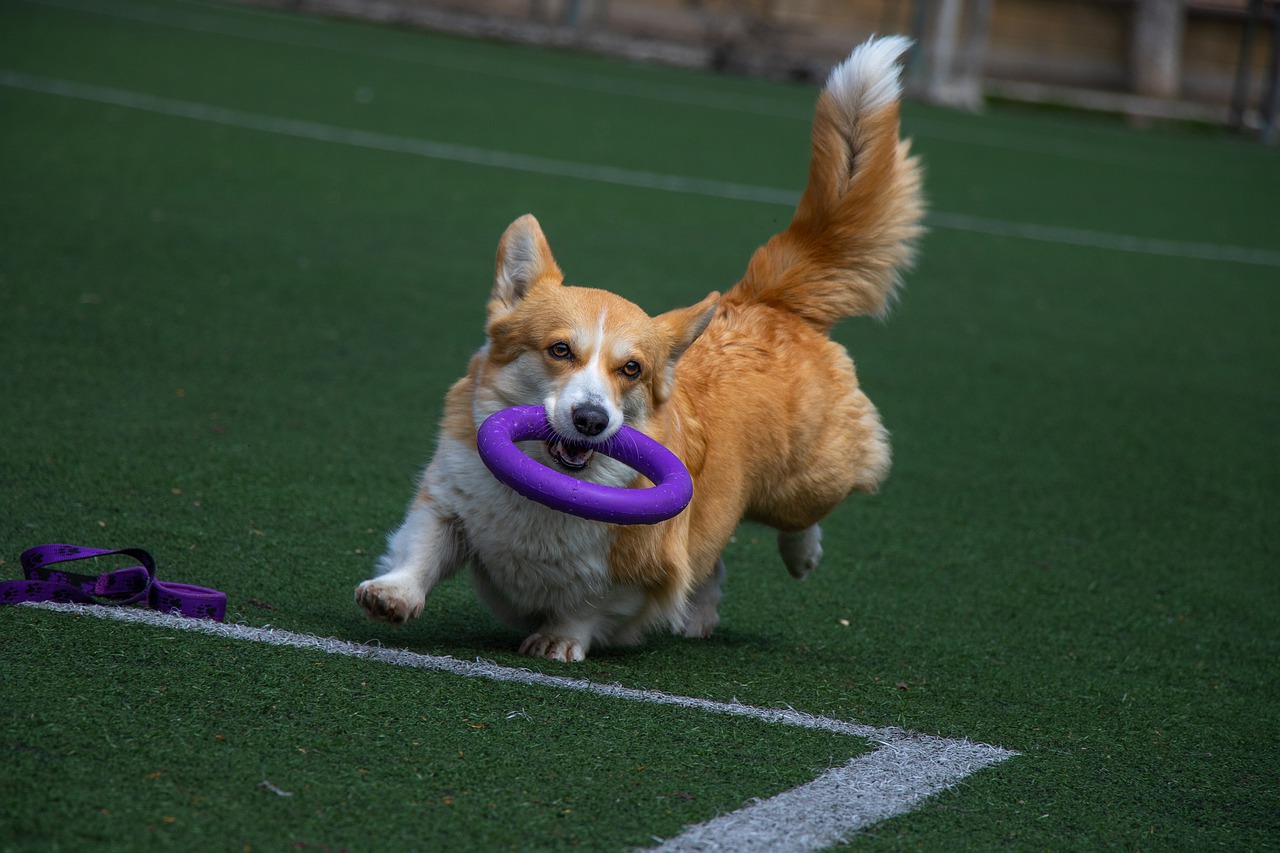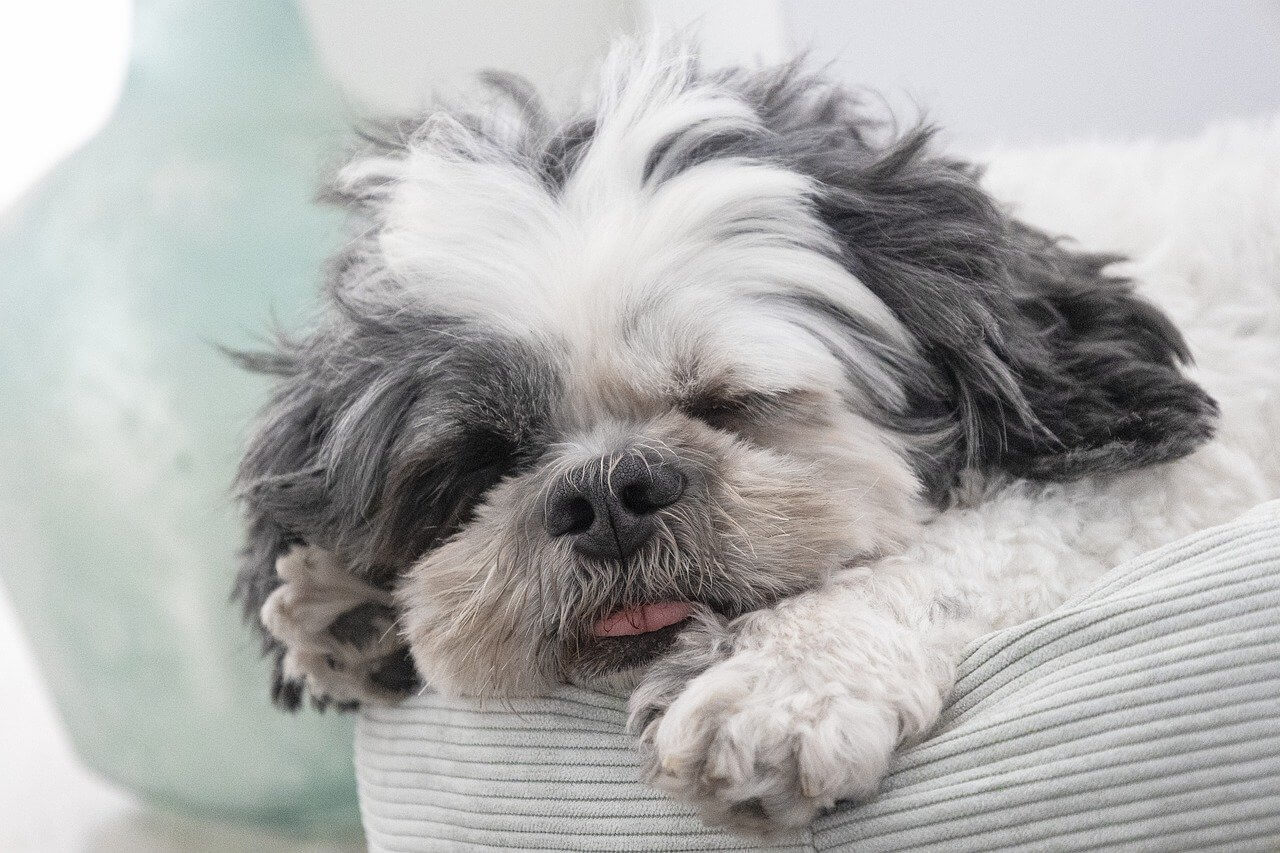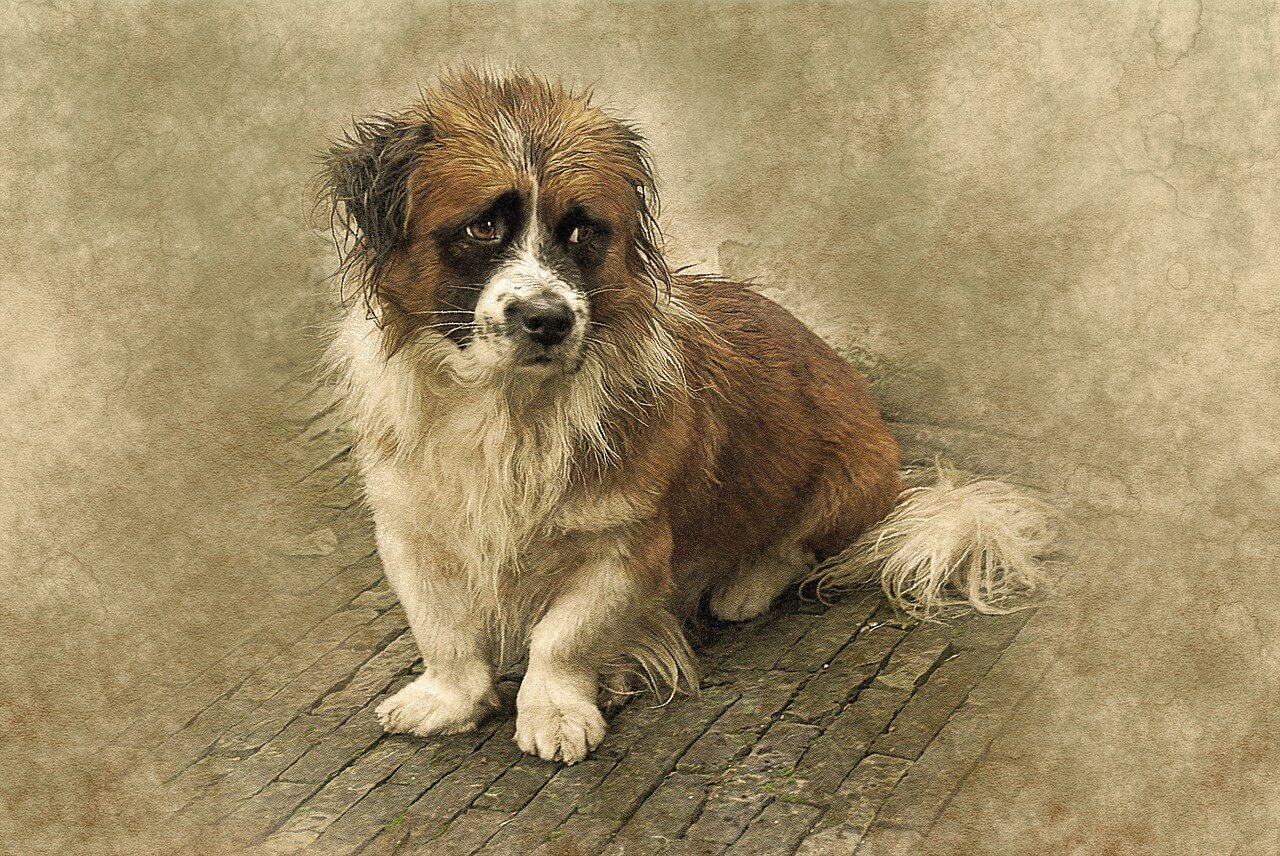Have you ever wondered why your dog sniffs everything while out on walks or exploring your home? A dog’s sense of smell is their primary sense, far more developed than ours. In fact, a significant portion of the canine brain is devoted to processing scents, allowing them to gather detailed information about the world. From identifying other animals to exploring new environments, sniffing is how dogs experience life.
This article delves into the fascinating reasons behind your dog's sniffing habits and how their incredible noses work.
Unleashing the Power of a Dog's Nose
Have you ever noticed your dog stopping to sniff something that seems totally boring to you? Well, for our canine friends, their nose is like a superpower! Let's explore the abilities of their sense of smell.
Dogs Smell the World Differently Than We Do
Think of it this way: if our world is all about what we see, for dogs, it's all about what they smell. Their noses are way more powerful than ours. Imagine being able to smell your favorite pizza from miles away – that's how good their sniffing skills are!
What's Inside a Dog's Nose?
Inside a dog's nose are millions of scent receptors, and humans just have about 5 million. To put that into perspective, They have the ability to sense a range of odors that are beyond our capability to perceive.
Why Smells Matter to Dogs
Every time your dog sniffs something is their way of understanding the world around them. Who's been around, what's for lunch in the neighborhood, or if there's any friend or foe nearby.
Why Sniffing Is Important for Dogs
Sniffing isn’t just a random behavior; it’s an essential part of a dog’s life. Here’s why:
Gathering Information: Dogs use their powerful noses to identify other animals, new scents, and even potential threats.
Understanding the World: Unlike humans, who primarily rely on vision, a dog’s primary sense is smell. They can detect changes in their environment that we humans might overlook.
Communication: Dogs sniff each other’s scent markings or “pee mail” to exchange information. This helps them understand territorial boundaries and the presence of other dogs.
For dogs, sniffing is as natural and necessary as seeing is for humans.
Why Do Dogs Sniff Everything During Walks?
Walks are the perfect opportunity for dogs to explore new scents. Each sniff allows them to:
Gather information about other dogs or animals that have passed by.
Identify changes in their environment, such as new plants or objects.
Connect with their surroundings in a way that is both calming and stimulating.
Encouraging your dog to sniff during walks is not only enriching for them but also helps reduce stress and anxiety.
Fascinating Facts About a Dog’s Sniffing Abilities
Dogs Detect What Humans Can’t
Trained dogs can detect everything from bed bugs to diseases like cancer. In some cases, they can even differentiate between identical twins.Dogs Love “Embarrassing Places”
Dogs often sniff “private” areas because these spots contain concentrated scent glands, providing the most information about another animal or person.Sniffing While Walking
Dogs love to take their time sniffing during walks. This allows them to explore and identify new scents in their environment, a behavior that’s both stimulating and enriching.Dogs Can Identify Their Own Scent
Remarkably, dogs can detect their own scent on objects, helping them retrace their paths or feel secure in familiar surroundings.
The Science Behind a Dog’s Sense of Smell
The canine sense of smell is 10,000 to 100,000 times more sensitive than that of humans. The canine brain dedicates a large portion to processing smells, making their noses incredibly efficient. Dogs can even detect scents layered with multiple odors, separating and analyzing each one individually.
Their noses are so powerful that trained dogs are used for tasks like:
Detecting drugs, explosives, or missing persons.
Identifying health conditions, including detecting cancer in its early stages.
Recognizing human scents even after weeks.
This remarkable ability is why dogs are often described as having “super noses.”
Sniffing Out the Secrets
Now that we know how incredible a dog's sense of smell is, let's explore why they are always on a sniffing spree.
Sniffing as Doggy Communication: Just like we use words to chat, dogs use smells to talk to each other. When your dog sniffs a tree or a fire hydrant, they're checking out the 'pee-mail' left by other dogs. It's their way of finding out who's in the area, what they've been up to, and even their mood!
Exploring the World: For dogs, sniffing is like reading an exciting story, each telling a different tale. By sniffing, they learn about their environment, from the squirrel that ran by an hour ago to the traces of last night's BBQ in the neighbor's yard.
Following Their Instincts: Dogs are natural hunters and trackers. Sniffing helps them hone these instincts, sniffing around lets them exercise these ancient skills. It's like a fun puzzle for their brains!
A Check on Health and Happiness: Sniffing isn't just enjoyable; it also contributes to the well being of your companion. It aids in keeping their minds attentive. Offers them a sense of purpose. If you notice a decrease, in your dog's sniffing activities it could indicate the need to pay attention to their health.
The Language of Sniffs
Understanding our dogs' sniffing habits can tell us a lot about their behavior and needs. Take a moment to consider the ways that sniffing influences their experiences.
Sniffing and Dog Breeds: Some dog breeds are born sniffers! Breeds like Bloodhounds, Beagles, and Basset Hounds have noses that are made for tracking. But regardless of breed, all dogs use their noses to explore. So, whether your pup is a tiny Chihuahua or a big Labrador, they all love a good sniff!
Territory and Social Updates: When your dog sniffs and then leaves their scent somewhere, it's like them saying, "I was here!" It's a way of marking their territory. Also, sniffing the scents left by other dogs gives them the latest social updates — who's new in the neighborhood or who's been around recently.
Sniffing and Emotions: Did you know that dogs can sniff out emotions? Animals have the ability to detect pheromones which're signals they use to communicate with each other. So, when your dog sniffs you, they're often checking to see how you're feeling.
Misconceptions About Sniffing: Some people think that if a dog sniffs a lot, it's misbehaving or not paying attention. But that's not true! Dogs naturally engage with the world through sniffing, which's a behavior, for them.
Sniffing Concerns
While sniffing is normal and healthy dog behavior, there are times when it might signal something more serious. Here's what to watch out for.
Excessive or Obsessive Sniffing: If your dog seems to be sniffing more than usual, or if they become obsessed with sniffing the same spot over and over, it could be a sign of anxiety or neurological issues. It's crucial to pay attention and take note if this behavior is something or if there has been a surge, in it.
Changes in Sniffing Habits: Just as excessive sniffing can be a concern, so can a sudden lack of interest in sniffing. If your normally curious dog stops sniffing around, it might indicate a health problem, like a respiratory infection or even a change in their sensory perception.
Sneezing or Nasal Discharge: Keep an eye out for sneezing or nasal discharge during or after sniffing. While some sneezing is normal, especially if they're sniffing in the dirt or grass, excessive sneezing or any discharge could be a sign of allergies or respiratory issues.
When to See the Vet: Any drastic change in your dog's sniffing behavior, whether it's too much, too little, or accompanied by physical symptoms like sneezing or discharge, is worth a visit to the vet. It's always an idea to prioritize the safety of your pet and take them for a check up.
Should Pet Owners Be Concerned About Excessive Sniffing?
In most cases, sniffing is a healthy and natural behavior. However, if your dog becomes obsessive or seems fixated on certain smells, it might indicate an underlying issue. For instance:
Health Concerns: Dogs sniffing excessively at their own body parts might be trying to signal discomfort or infection.
Environmental Triggers: New smells or changes in their surroundings might pique their interest more than usual.
If you’re ever concerned about your dog’s sniffing habits, consulting a veterinarian can help rule out potential issues.
Tips for Dog Owners
Supporting your dogs inclination to sniff during walks not adds enjoyment to the experience but also promotes their overall health and happiness. Allow me to offer some ideas on how you can support and embrace your friend's exploration of scents.
Allow Extra Time for Sniffing on Walks: When you're out for a walk, build in extra time for your dog to explore with their nose. This doesn't mean letting them pull you all over the place, but rather allowing them a little freedom to sniff around.
Create Sniffing Games at Home: You can turn sniffing into a fun game! Hide treats around your home or yard and let your dog find them. This not engages their sense of smell. Also offers mental and physical stimulation.
Choose the Right Leash for Walks: Using a longer leash can give your dog more freedom to explore scents while keeping them safe and under control. Just make sure you're in a safe area where they can wander a bit without any danger.
Be Patient and Observant: Keep in mind sniffing plays a role, in how your dog engages with the world. It can also help deepen your connection as you gain insights into their likes and behaviors.
Consult Your Vet for Sniffing-Related Concerns: If you notice any changes in your dog's sniffing habits or if you have concerns about their health related to sniffing, talk to your vet. They can offer assistance. Ensure that your dog's sense of smell is, in condition.
Conclusion: Sniffing Is a Window Into a Dog’s World
Understanding why dogs sniff everything gives us a deeper appreciation of their incredible abilities. Their noses are finely tuned instruments, capable of detecting scents that we humans can’t even imagine. From identifying other animals to detecting diseases, sniffing plays a vital role in a dog’s life.
Next time your dog spends extra time sniffing a patch of grass or a new person, remember—they’re gathering valuable information about the world around them. As pet owners, encouraging this natural behavior is one of the best ways to keep our furry friends happy and healthy.
Read More:https://suggsfalls.site/a/blog/how-cold-is-too-cold-for-dogs








